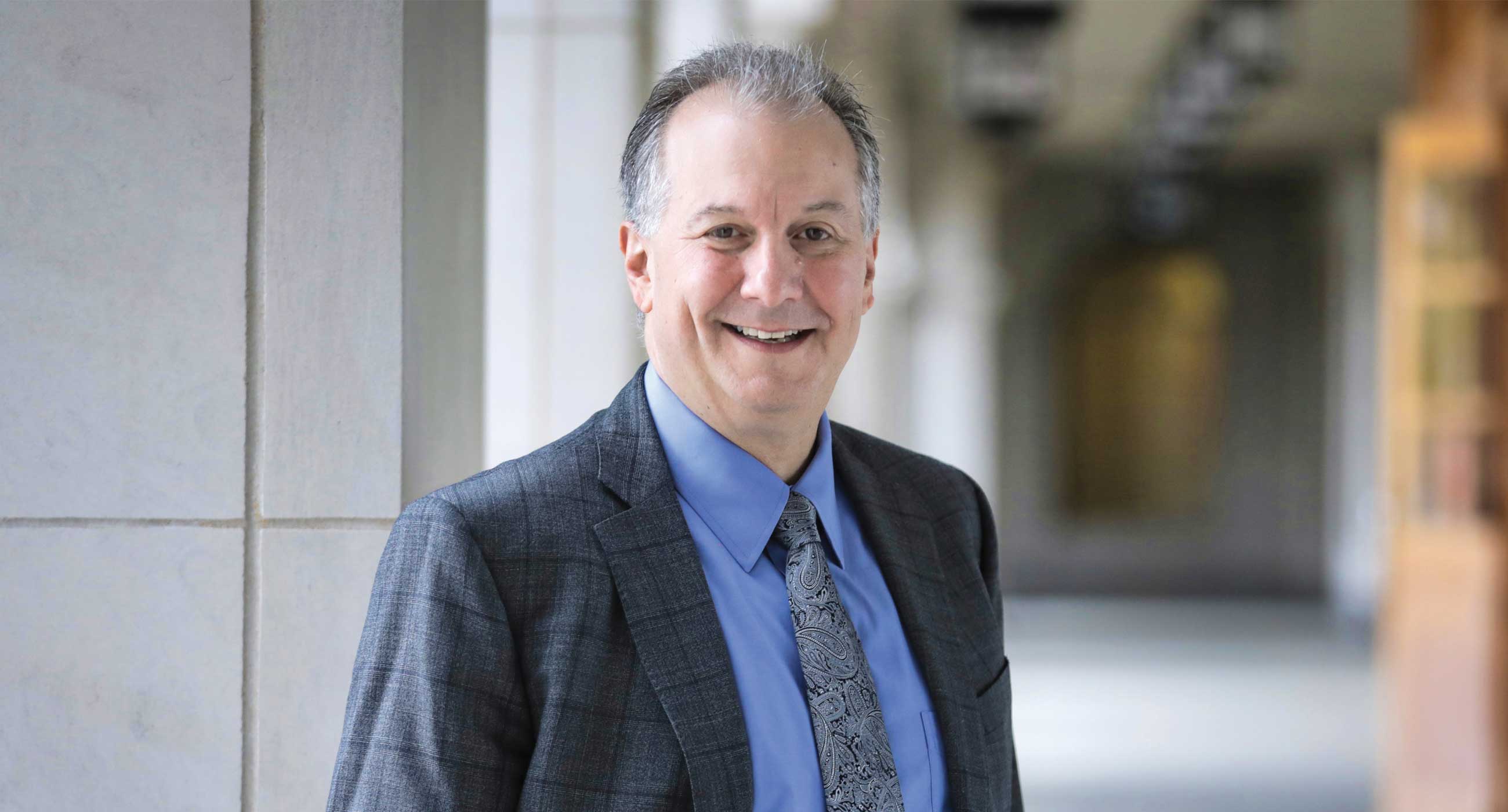From the dean
I could not be more proud of our faculty and the continued pursuit of excellence they exhibit. You should be, too.
Each February, I have the privilege of helping to organize the Engineering Deans Institute Public Policy Colloquium in Washington, D.C. We engage government and agency representatives to learn about — and potentially influence — science and technology policy.
In 2023, the bulk of the discussion was the CHIPS and Science Act and its ramifications for engineering. But I heard a second theme emerging: the recognition of biomanufacturing and biotechnology as a critical component of economic competitiveness for the U.S. Indeed, this observation caused me to organize a session on that topic for the 2024 meeting. In the interim, a report came out of the White House detailing several key manufacturing and production challenges in this space. The rationale was both creating more sustainable processes for producing materials and ensuring a robust supply chain for manufacturing. There was also a sense of wanting to ensure that this technology would remain a competitive advantage for the U.S. It was clear that this was an important direction for the country and for federal funding.
This past year has seen McKelvey Engineering capitalize on this opportunity multiple times. In the previous issue of Momentum, we described a variety of efforts to replace petroleum-based production of plastics and thereby reduce their potential biological harm. In this issue, the cover story describes a new — and much larger — National Science Foundation (NSF)-funded research center focused on producing chemicals, biofuels and biomaterials. It is part of the circular economy effort that obviates the need to pull more carbon atoms out of the ground to produce so much of what we use every day. Applications range from agriculture to manufacturing.
Let me point out that this is not just another grant. Every two years, the NSF typically grants funding for four Engineering Research Centers (ERCs). These awards represent a major investment to advance specific aspects of science and technology that the agency believes have the potential for significant impact on our country and the world. Each ERC is comprised of a team of universities and industry partners led by a school that has demonstrated both scientific and academic leadership in the proposed domain. This year, the NSF funded the Carbon Utilization Redesign for Biomanufacturing-Empowered Decarbonization (CURB) Engineering Research Center, led by faculty from the Department of Energy, Environmental & Chemical Engineering at McKelvey Engineering. As Chancellor Martin said in a presentation to university leaders, this is a “big deal.” I could not be more proud of our faculty and the continued pursuit of excellence they exhibit. You should be, too.
Aaron F. Bobick
Dean & James M. McKelvey Professor

